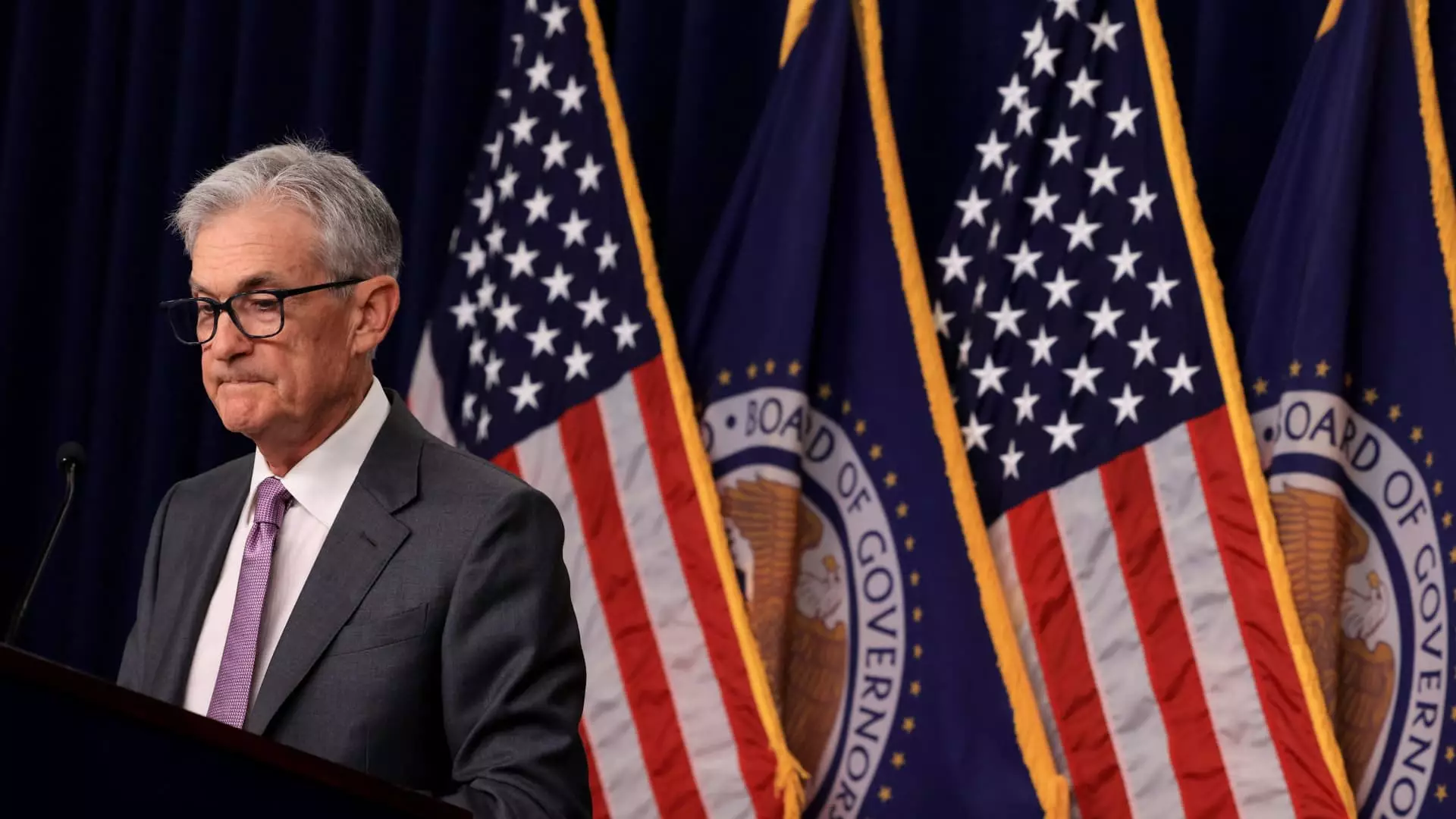Despite the anticipation surrounding Federal Reserve Chair Jerome Powell’s upcoming speech at the annual gathering in Jackson Hole, the reality is that the market has already priced in rate cuts beginning in September. The consensus is that the Fed will continue to cut rates through the end of the year and into 2025. While the exact details regarding the magnitude and frequency of these cuts remain uncertain, the general sentiment is that a rate cut in September is inevitable.
Powell’s speech is expected to provide a broad overview of the current economic landscape and offer some limited guidance on the Fed’s future policies. The focus will likely revolve around the central bank’s data-dependent approach, where decisions are contingent on the evolving economic indicators leading up to the September meeting. The expectation is for Powell to affirm the market’s projections and provide some clarity on the Fed’s intentions moving forward.
Key Issues
One of the primary questions surrounding the impending rate cut is whether it will be a quarter-point or half-point reduction. While there is speculation that the cut will be a quarter-point, there remains some uncertainty, with a 1-in-4 chance of a half-point move according to the CME Group’s FedWatch. The decision will ultimately hinge on the incoming economic data and any significant shifts in the labor market or inflationary pressures.
Powell’s Approach
Historically, Powell has used the Jackson Hole speech as an opportunity to set the tone for future policy actions. In previous years, he has outlined his views on interest rates, hinted at upcoming rate cuts, and introduced new policy frameworks. This year, the challenge for Powell will be to affirm the market’s expectations while balancing his assessment of the economic conditions, particularly the moderation of inflation and concerns over the labor market.
The market has been on edge following the Fed’s prolonged period of unchanged rates and signs of economic softening. Powell’s speech is expected to address these concerns and provide reassurance that the Fed is prepared to act decisively to support the economy. The recent market volatility and economic headwinds will likely prompt Powell to adopt a more dovish stance, signaling a willingness to lower rates in response to emerging challenges.
Looking Ahead
As the Fed navigates a complex economic landscape, Powell’s speech at Jackson Hole will set the stage for future policy actions. The consensus among market participants is for rate cuts in the coming months, followed by additional easing measures throughout 2024. Powell’s task will be to strike a balance between acknowledging the economic uncertainties and conveying confidence in the Fed’s ability to steer the economy towards a path of sustainable growth.

